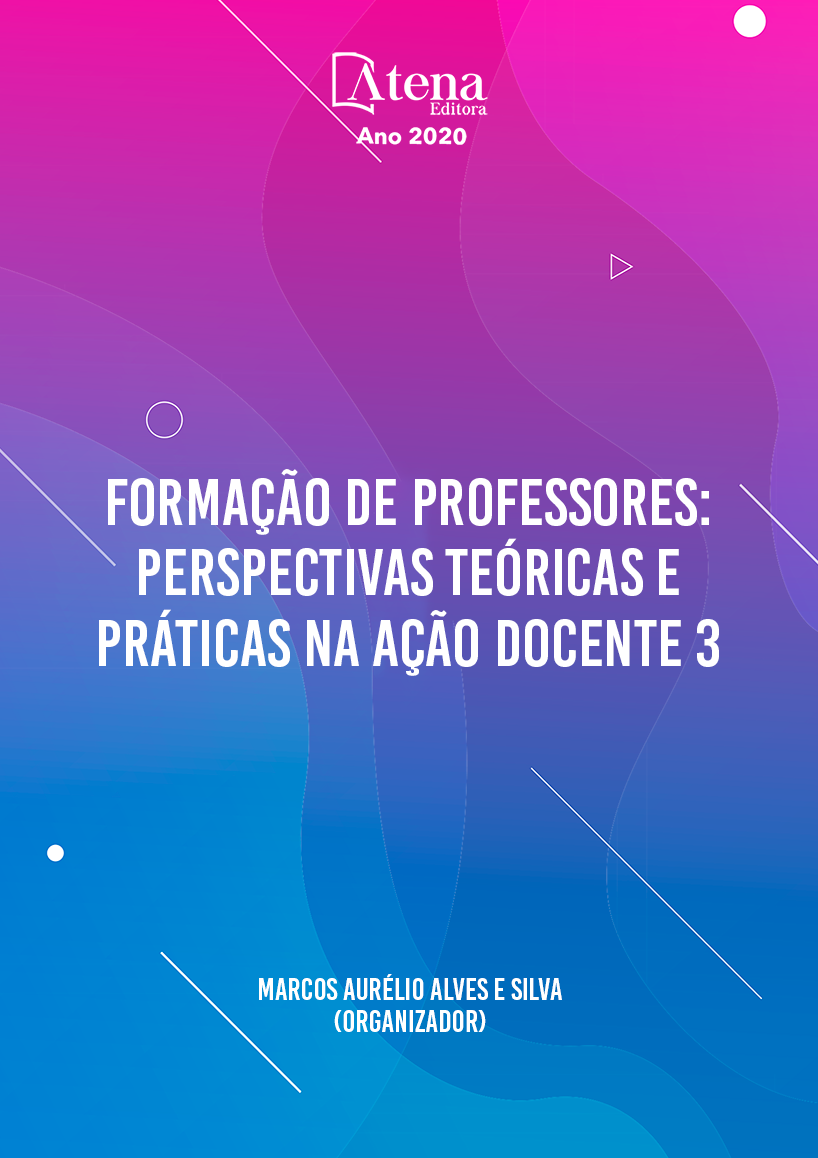
QUESTÕES SOCIOCIENTÍFICAS E AS DIMENSÕES CONCEITUAIS, PROCEDIMENTAIS E ATITUDINAIS: POSSIBILIDADES NO ENSINO DE CIENCIAS E BIOLOGIA
Este trabalho pretende refletir sobre elementos fundamentais no contexto do ensino na área de Ciências da Natureza, especialmente dos componentes curriculares Ciências e Biologia, tendo em vista os aspectos conceituais, procedimentais e atitudinais dos conteúdos e as possibilidades por meio da problematização Questões Sociocientíficas (QSC). Para tanto, aprofunda o estudo na efetivação de uma aprendizagem científica que oriente o estudante para o exercício pleno da cidadania, mediante estratégias participativas e colaborativas com evidência para as contribuições das QSC no alcance das dimensões conceituais, procedimentais e atitudinais dos objetivos de aprendizagem. Os estudos teóricos foram ancorados em: Conrado e Nunes-Neto (2018), Pérez (2012), Torres e Solbes (2007) e Zabala (1998). Primeiramente, apresenta o conceito e panorama histórico das QSC e as perspectivas pedagógicas, e, na sequência, narra as principais diferenças entre estudo de casos científicos e Questões Sociocientíficas. Ao final, anuncia pistas para debates e reflexões críticas sobre valores, normas e atitudes no ensino de Ciências e Biologia, com potencial de estimular compreensões em uma perspectiva de formação integral, socioambiental, ativista e ética na tomada de decisões.
QUESTÕES SOCIOCIENTÍFICAS E AS DIMENSÕES CONCEITUAIS, PROCEDIMENTAIS E ATITUDINAIS: POSSIBILIDADES NO ENSINO DE CIENCIAS E BIOLOGIA
-
DOI: 10.22533/at.ed.15920270720
-
Palavras-chave: Questões Sociocientíficas (QSC). Educação para cidadania. Ensino de Ciências e Biologia.
-
Keywords: Sociocientific Issues (QSC). Education for citizenship. Science and Biology Teaching.
-
Abstract:
This work intends to reflect on fundamental elements in the context of teaching in the area of Natural Sciences, especially the curricular components Science and Biology, considering the conceptual, procedural and attitudinal aspects of the contents and the possibilities through the questioning Sociocientific Questions (QSC). For this, it deepens the study in the realization of a scientific learning that guides the student towards the full exercise of citizenship, through participatory and collaborative strategies with evidence for the contributions of the QSC in reaching the conceptual, procedural and attitudinal dimensions of the learning objectives. Theoretical studies were anchored in: Conrado and Nunes-Neto (2018), Pérez (2012), Torres and Solbes (2007) and Zabala (1998). First, it presents the concept and historical panorama of the QSC and the pedagogical perspectives, and, next, it narrates the main differences between the study of scientific cases and Sociocientific Issues. At the end, it announces clues for debates and critical reflections on values, norms and attitudes in the teaching of Science and Biology, with the potential to stimulate understandings in a perspective of comprehensive, socio-environmental, activist and ethical decision-making.
-
Número de páginas: 14
- Emily Patrícia dos Santos Barbosa
- Luiza Olivia Lacerda Ramos


